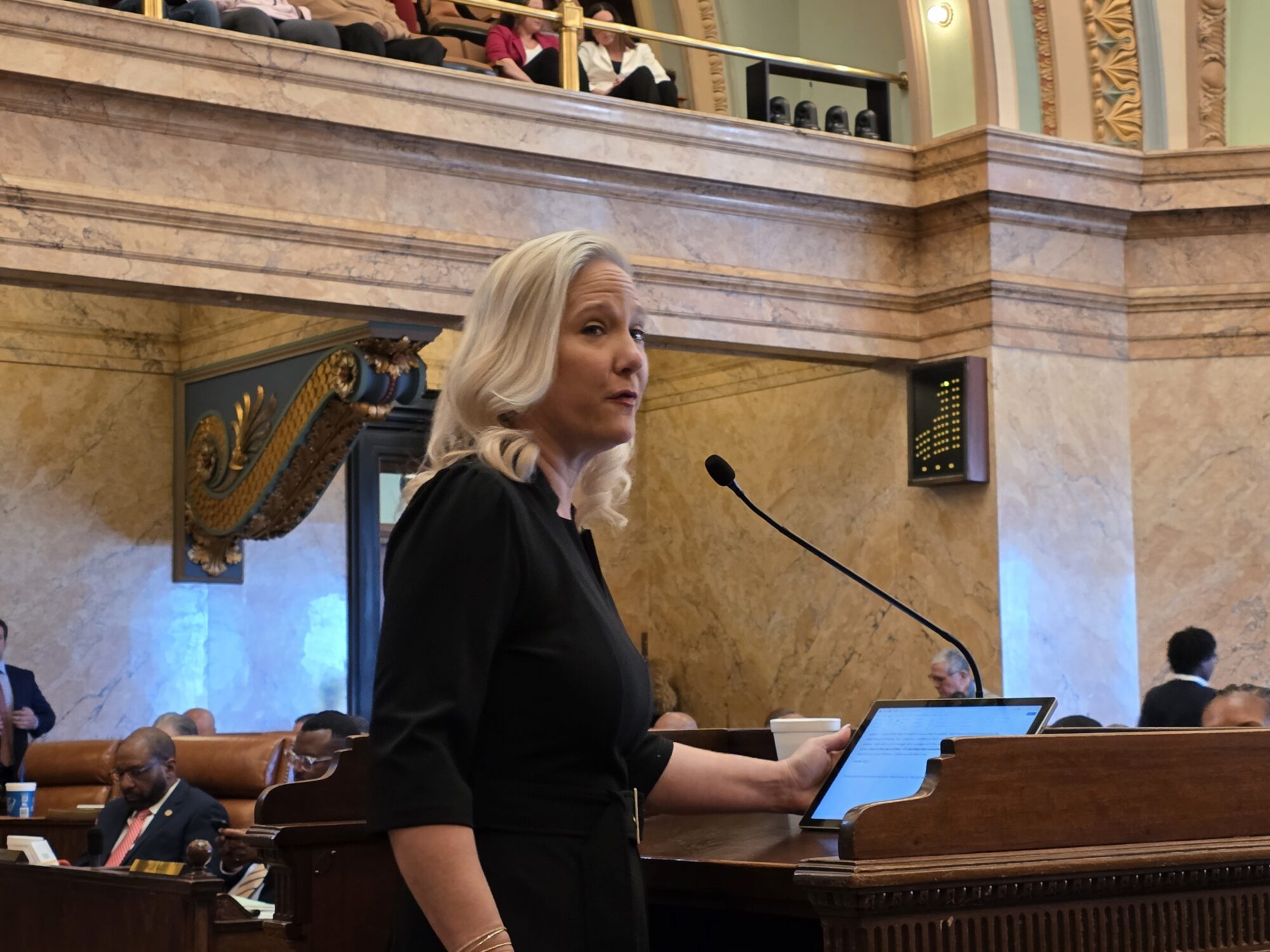Bayh the latest exit as moderates leave Congress
The moderate middle is disappearing from Congress. Evan Bayh is just the latest senator to forgo a re-election bid, joining a growing line of pragmatic, find-a-way politicians who are abandoning Washington. Still here: ever-more-polarized colleagues locked in gridlock — exactly what voters say they don’t like about politics in the nation’s capital.
Politics runs in cycles, and the Senate has seen flights of self-styled centrists before. In 1996, for example, 10 senators who could boast strong bipartisan credentials chose to retire rather than re-up. Many of them complained how lonely a place the middle ground of American politics had become. But to some, the center has become even lonelier.
More than their feelings are at stake. The moderates in the middle are the ones who tend to make deals and sometimes resolve standoffs blocking decisions that affect programs — not to mention taxes — that touch virtually every American.
The lament of partisan gridlock is a well-worn element of lawmakers’ farewell speeches. Former Republican Senate leader Bill Frist of Tennessee, a physician, lectured his colleagues about it on the way out the door in 2006. Former Republican Sen. Trent Lott of Mississippi appeared with former Democratic President Bill Clinton and former GOP House Speaker Newt Gingrich earlier this year to urge the parties to get along.
But tellingly, no Republicans were present in the Senate when Democrat Paul Kirk, turning over the seat held by the late Sen. Edward Kennedy to Republican Scott Brown earlier this month, spoke about the lack of comity in the chamber.
Not so long ago, Senate seats were among the most sought-after positions in the land. They meant power and prestige, some posturing but also some significant problem-solving.
AP
2/17/10







